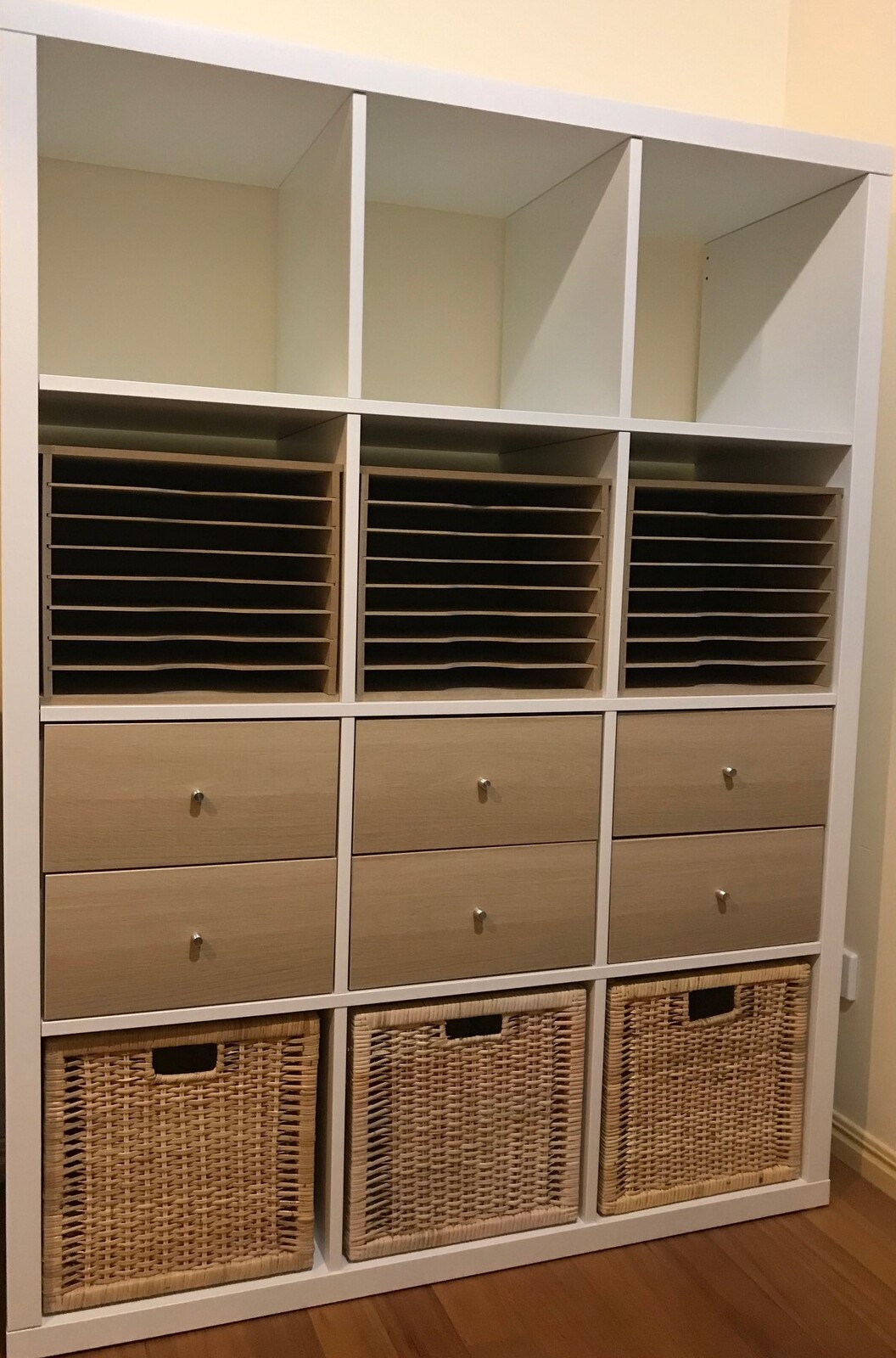
We have added this to the bottom of the Server Rack Power Consumption Calculator to make it easy for you. On a standard 8-pitch layout, that’s 16 ft 2. Do this by taking the usable floor space for the data center and dividing it by the amount of floor space each rack takes up, which will depend on your aisle arrangement. To begin to calculate your Maximum kW Per Rack, you will first need to use the Number of Racks you already determined, or you can calculate Maximum Number of Racks you will be using. To do this, simply divide your Power Supply for Servers (Server Watts) by your Facility Power (VAC). The first and easiest calculation you need to make is Amps per Server, which will help you calculate the overall power draw per server. If you don’t know any of these variables, you can easily find out by asking your data center staff. Next, you need to determine the Number of Racks and the number of Servers Per Rack. You will also need to find out your Facility Voltage (VAC), which will likely be 120V or 240V. Define Your Variablesįirst, you need to know the useable Square Footage of your facility and the Power Supply for each Server ( Server Watts). Using the steps below, you can see how we made these calculations and understand where the results in the Server Rack Power Consumption Calculator are coming from. Synology makes no guarantees for results generated with this tool.How to Calculate Power Consumption of a Server Rack Check with a certified Synology sales or support representative for confirmation. However, since Synology DSM calculates the volume size based on binary prefix, this tool does not reflect the conversion deviation. The decimal prefix is used to show the calculated result of disk-array capacity. Results from the RAID Calculator should be used as a reference only.Always check and refer to the HDD/SSD compatibility list for the latest information. Some models or configurations may not support a certain capacity drive but will be able to achieve the total capacity through other combinations or when paired with an expansion unit. The Synology RAID Calculator makes recommendations based on the total capacity picked.To find out more, please refer to Why does my Synology NAS have a single volume size limitation of 16, 108, or 200 TB? Some models can support larger single volume capacities after upgrading the installed memory capacity.

In cases where you are over the limit, you may create multiple volumes or designate a drive as a hot spare. Models listed under "Other models" support the selected number of drives and their capacities but may have limitations on how large you can create a single volume.If you're going to expand an existing volume, please read Expand Volumes or Disk Groups by Adding Hard Disks and Expand Volumes or Disk Groups by Replacing Hard Disks for detailed information. The result of calculation helps you evaluate the available space when you are creating a new volume only.On the contrary, Unused space under other RAID types indicates the space that can't be utilized and is thus wasted. When using SHR or SHR-2 HDD protection as your RAID type, the Unused space will be automatically reserved for future expansion.Please refer to the specifications of each model for detailed information.



Synology RAID Calculator offers you an estimate on the space utilization with various mixed HDD configurations and RAID types.Visit here for more information on choosing the correct HDD for your Synology NAS.


 0 kommentar(er)
0 kommentar(er)
